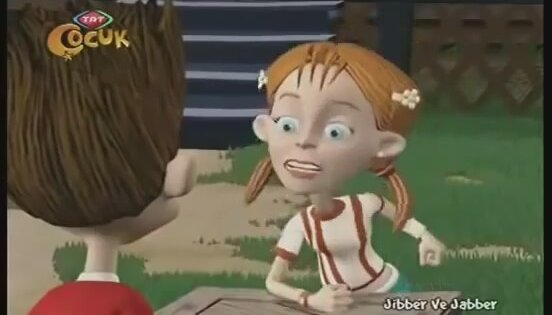

Even if the poetic idea is absurd, I’d like to achieve a certain level of clarity that makes the absurdity understood and visible as it stands, even if mysterious in nature or design. If anything, I’m more concerned about clarity and communication – especially as I simultaneously try to evoke a sense of yugen. It’s really a task unto love and for love and for nobody else. Rumi has no idea his impact as of now, he wasn’t even writing poems, he said, here, this is my best at capturing love in words, let us both rejoice. To be concerned with likability is to throw out God during the artist’s process and replace him with an emptied face anybody. I would imagine likability to be antithetical to poetry or the arts, and would say only artifice could be constructed, and it could only be constructed and not created, if likability were a variable in its production, as opposed to a live, dynamic, conversation between what the artist knows and what the artist knows they need to express. To be self conscious is to question myself whether or not I have upheld a certain piece to the best of my ability to be concerned with likability is adding a thousand chains to my neck and giving away the handles to invisible anybodies who can still throw the handles down. I can definitely be self conscious about a poem or have questions, but that’s not the same as likability. LRV: I definitely don’t think about or consider likability when producing art, at all. Do you write to make a poem likable? What makes a poem likable to you? Does it matter if a poem is likable?

JS: One of my favorite poems in the collection is “Chinatown Fruit Market.” The poem reads at the end, “We are both grateful/& I open the bag/ to bury its seeds.” Then I said to myself, “I’m grateful, I’m gratefruitful.” I think I like the poem because it’s like play dough and I can make something else with it in my mind and because I have a sense of place, a New York place. I don’t think I was made into a poet, even by biographical elements.” Leo Romeo Valentino also talks about his poems called, “The Wound Series.” He says, “I was interested in creating a set of texts which would create the language of survivors and witnesses, those who are left in the ravages not only to process what just occurred, but to create a language which would communicate their experience.” To read part I of the interview, please click here. In part I of the interview, Leo Rome Valentino says, regarding his life as a poet, “I don’t think poets are made. We continue with our conversation with Leo Romeo Valentino about his collection of poetry titled, my heartbreaking jibberjabber.


 0 kommentar(er)
0 kommentar(er)
